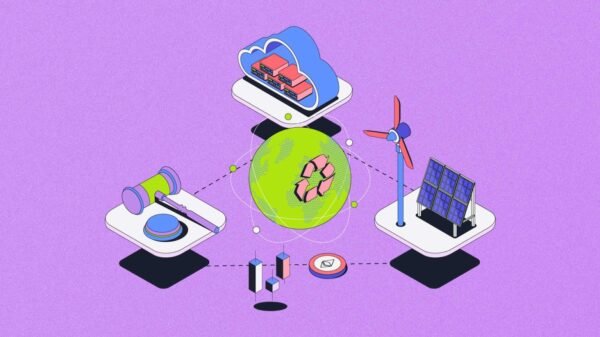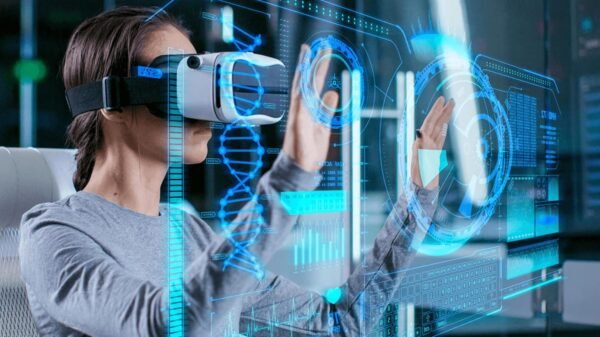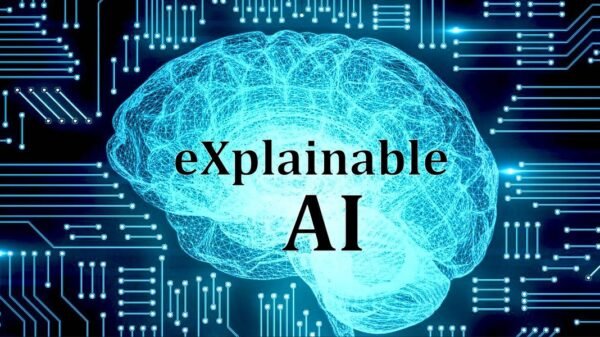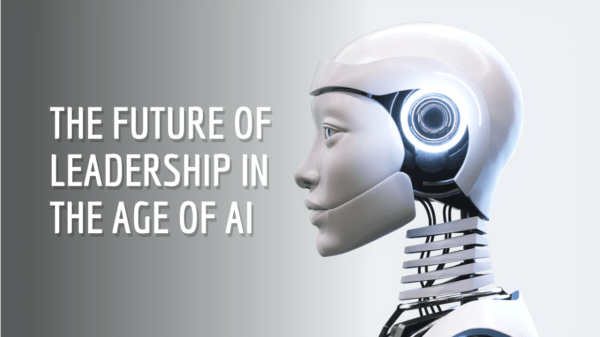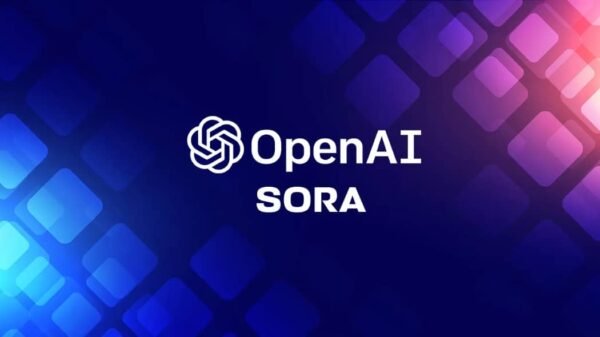How Big Data Is Transforming Medical Research
“This isn’t science fiction; it’s the incredible impact of big data on medical research.”
Key Takeaways:
- Big data is changing how we do medical research, using vast amounts of information to improve healthcare.
- Electronic health records and wearables provide a lot of patient data for insights.
- Advanced analysis and predictions improve diagnosis and personalized treatment.
- Big data speeds up finding new drugs and making clinical trials more efficient.
- We must balance sharing data for research with protecting patient privacy.
- Making different systems work together and using common terms are important for data.
- It’s crucial to be fair and unbiased when using big data for research.
- Big data helps customize treatments and predict health issues early.
- AI and machine learning help understand complex data, while multi-omics combines different biological data.
- Virtual trials make research more accessible and real-world-based.
- Big data means more personalized healthcare and better ways to prevent illnesses.
More scientific exploration endeavors hold more promise and potential than medical research. With each breakthrough and discovery, we inch closer to understanding the human body’s complexities and unlocking treatments for many ailments. However, in this era of rapid technological advancement, a new protagonist has emerged in the medical research stage: big data.
Picture this: a seemingly endless stream of information from electronic health records, wearable devices, and clinical trials. This data deluge isn’t just noise; it’s a treasure trove of insights waiting to be unearthed. Welcome to the era of big data, where the sheer volume, velocity, and variety of information revolutionize how we approach medical research.
The profound transformation that big data is bringing to medical research. From the earliest stages of data collection to the cutting-edge applications reshaping patient care, we’ll delve into the intricate interplay between data and healthcare. So, why is this digital revolution so vital? It’s not just about the quantity of information; it’s about the quality of understanding that emerges when we harness this data deluge.
The Power of Big Data in Medical Research
Revolutionizing Data Collection and Analysis
In the not-so-distant past, gathering comprehensive patient data required combing through stacks of medical records, a time-consuming and often incomplete process. Enter big data. Electronic Health Records (EHRs) now offer a panoramic view of a patient’s health history, from lab results to prescriptions, enabling researchers to understand health trends at an unprecedented scale. Moreover, the proliferation of wearable devices has made continuous health monitoring a reality. These devices, equipped with sensors that track heart rate, sleep patterns, and more, generate real-time data that provides insights into individuals’ daily lives, contributing valuable information for research.
With big data analytics, medical researchers are no longer limited by the size of their datasets. Advanced algorithms can sift through terabytes of information to identify patterns, correlations, and anomalies that might escape human eyes. This analytical prowess isn’t just limited to retrospective analysis; predictive modeling takes center stage, allowing healthcare practitioners to anticipate disease progression and tailor interventions accordingly. The marriage of medical expertise and data-driven insights is rewriting the playbook for diagnosis and treatment.
Stay tuned as we delve into the remarkable ways big data is expediting drug discovery, revolutionizing the way clinical trials are conducted, and propelling us toward a new era of precision medicine.
Accelerating Drug Discovery and Development
Painstaking trial and error have frequently characterized the search for new treatments in the complex world of drug discovery. Big data is now a guiding compass, dramatically altering this landscape. Data analysis has accelerated high-throughput screening, which was once an uphill task. Vast libraries of chemical compounds are tested against diseases in silico, significantly narrowing down potential candidates before they even touch a petri dish.
Furthermore, the predictive power of big data continues. Researchers can unravel the complex interactions between drugs, genes, and biological pathways by integrating diverse datasets. This synergy expedites the identification of potential adverse effects and drug interactions, fostering safer and more effective treatments.
Clinical trials, notorious for their time-consuming nature and high costs, are also experiencing a transformation. Big data facilitates the recruitment of suitable participants based on their health profiles, streamlining the trial process. Additionally, real-world evidence collected from various sources, including EHRs and wearables, provides a richer understanding of how drugs perform in diverse populations.
As we traverse the evolving landscape of medical research, it’s evident that big data is a formidable ally, changing how we approach drug development and how we imagine the future of healthcare. Stay tuned to uncover the challenges and opportunities that arise as we embrace this data-driven revolution.
Challenges and Opportunities
Data Privacy and Security
While the potential of big data in medical research is undeniable, it also needs ethical and practical considerations. The very nature of medical data, which contains intimate details of individuals’ health, necessitates stringent privacy measures. As researchers harness larger and more diverse datasets, ensuring the confidentiality of patient information becomes paramount.
Data breaches can have far-reaching consequences, ranging from compromising individual privacy to eroding public trust in medical research. Striking the delicate balance between sharing data for scientific progress and safeguarding patient rights is a challenge that researchers, policymakers, and technologists must grapple with.
Integration and Standardization
The diversity of healthcare systems and data sources poses another hurdle in the big data revolution. Data silos are a common sight, hindering seamless collaboration and holistic insights. To harness the full potential of big data, efforts must be directed toward creating interoperable systems that can exchange and integrate information seamlessly.
Standardizing data formats and terminologies is critical to achieving this cohesion. Researchers are working towards establishing a common language across datasets, allowing meaningful comparisons and analyses across different studies and institutions.
Ethical Considerations
The marriage of big data and medical research brings forth a host of ethical considerations that extend beyond privacy concerns. The algorithms used to analyze data can inadvertently perpetuate biases in the initial datasets, leading to skewed results. Ensuring diverse representation in datasets and training algorithms to be equitable is vital to avoid perpetuating inequalities in healthcare outcomes.
As we journey through the exciting terrain of big data and medical research, these challenges are as much an opportunity for progress as they are hurdles. Innovations in data privacy solutions, standardization efforts, and ethical frameworks are poised to shape a more equitable and effective healthcare landscape.
Real-world Applications
Precision Medicine
Imagine a medical landscape where treatments are tailored not just to the disease but to the individual’s unique genetic makeup. This vision is fast becoming a reality, thanks to big data. Sequencing genomes and analyzing vast amounts of genetic data has unlocked the potential for personalized medicine.
By scrutinizing an individual’s genetic markers, researchers can identify genetic predispositions to certain diseases and predict how they might respond to specific treatments. This precision allows healthcare providers to offer targeted interventions, minimizing adverse effects and maximizing therapeutic benefits. Big data has transformed the healthcare paradigm from “one size fits all” to “tailored to you,” ushering in a new era of patient-centered care.
Disease Surveillance and Early Detection
In the information age, big data is a powerful ally in disease surveillance and early detection. By aggregating real-time data from sources such as social media, search trends, and medical records, researchers can quickly monitor health trends and identify potential outbreaks. This timely information can guide public health responses and resource allocation, ultimately saving lives.
Moreover, analyzing historical patient data and current trends allows for the identification of early warning signs for diseases. Patterns emerge that might elude traditional diagnostic methods, enabling earlier intervention and an improved prognosis. Big data is not just about understanding diseases—it’s about staying one step ahead of them.
Predictive Analytics in Patient Care
Predicting the future of an individual’s health might sound like science fiction, but big data is making it a reality. Researchers and healthcare providers can anticipate disease progression and potential hospital readmissions by analyzing comprehensive patient profiles, including medical history, genetic information, and lifestyle data.
This predictive power goes beyond individual patient care. Hospitals and healthcare systems are leveraging big data to optimize resource allocation. By forecasting patient admission rates and resource demands, healthcare facilities can ensure they have the right staff, equipment, and supplies, enhancing the quality of care and patient outcomes.
Future Prospects and Innovations
Artificial Intelligence and Machine Learning
If big data is the fuel propelling medical research, then artificial intelligence (AI) and machine learning (ML) are the engines driving us forward. These technologies can identify intricate patterns, correlations, and anomalies within massive datasets that would otherwise remain hidden. In medical research, AI and ML are invaluable tools for unraveling complex disease mechanisms and improving diagnostic accuracy.
AI-powered algorithms can sift through millions of data points to identify early signs of diseases, enabling timely interventions. Moreover, these algorithms continually learn and adapt, becoming more accurate over time. As technology advances, AI promises to be a steadfast companion in deciphering the mysteries of the human body.
Integration of Multi-omics Data
The human body is a symphony of molecular interactions, with genes, proteins, and metabolites orchestrating a delicate dance. Big data enables us to capture this symphony in unprecedented detail by integrating multi-omics data—information spanning genomics, proteomics, metabolomics, and more.
This comprehensive view allows researchers to understand diseases at a molecular level, uncovering intricate pathways and potential therapeutic targets. Integrating multi-omics data opens doors to personalized treatments that consider the intricate interplay of genetic and molecular factors unique to each individual.
Virtual Clinical Trials
While effective, the traditional clinical trial model faces limitations like recruitment challenges, geographic barriers, and high costs. Enter virtual clinical trials, a paradigm shift in how we conduct medical research. Researchers can engage participants remotely by leveraging digital platforms, wearable devices, and telemedicine, transcending geographical constraints.
Virtual trials offer a more diverse and representative participant pool, reducing biases and enhancing the applicability of research findings. Moreover, the real-world context of these trials offers insights into how treatments perform in everyday-life scenarios. As technology continues to evolve, virtual trials promise to accelerate research while making participation more accessible and convenient for patients.
Conclusion
In the tapestry of medical research, the threads of big data have woven a narrative of unprecedented possibilities. What started as a collection of 1s and 0s has evolved into a tapestry that reveals the intricate nuances of human health and disease. The journey we’ve embarked upon throughout this article underscores the transformative impact of big data on medicine.
From revolutionizing data collection and analysis to accelerating drug discovery and development, big data has proven to be a formidable catalyst for progress. It has transcended barriers of time and space, enabling researchers to unravel the mysteries of diseases with a depth and clarity never before possible.
Yet, as we’ve navigated this landscape, we’ve also encountered challenges—privacy questions, interoperability, and ethics. These challenges, however, have not deterred the march of progress. Instead, they have inspired innovations in data security, standardization, and fairness, reflecting a commitment to responsible advancement.
As we gaze into the horizon of medical research, we see a future where precision medicine tailors treatments to the individual, disease surveillance is predictive and proactive, and virtual trials break down barriers to participation. This future is not a distant dream; it’s a path we are walking on today.
Big data is more than a tool; it’s a paradigm shift that beckons us to see healthcare through a new lens. It’s a reminder that every data point holds a potential breakthrough, and every patient profile is a story waiting to be told. It’s a call to action for researchers, practitioners, and technologists to work hand in hand, crafting a future where better health and well-being are accessible to all.








